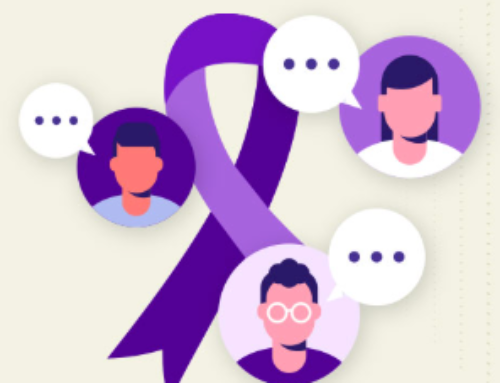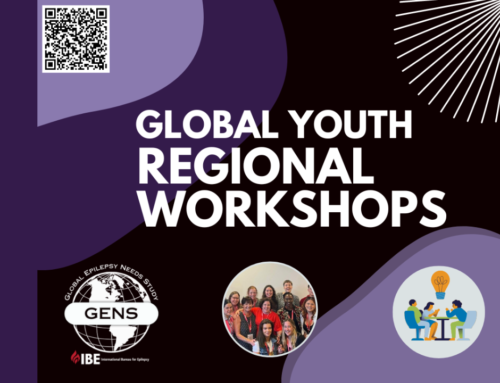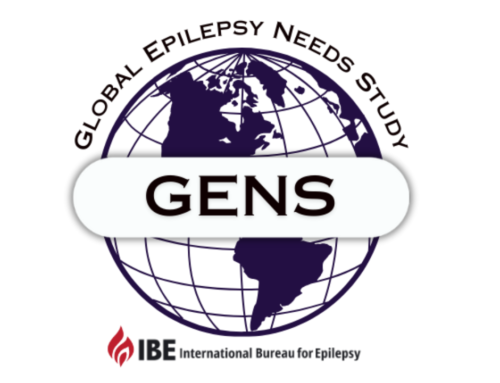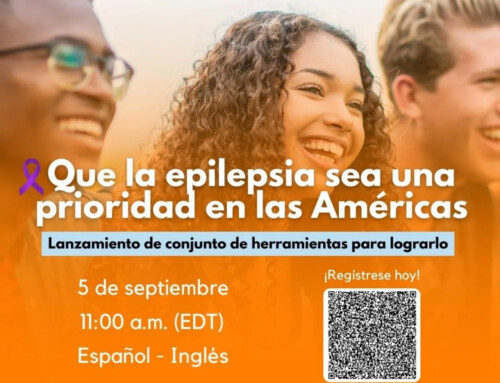Click here to download this report.
Epilepsy is responsible for an enormous amount of suffering. On the African continent it affects 10.000.000 people directly. They are of all ages, but especially within childhood, adolescence and the ageing population.
Epilepsy provides the clearest example of a neurological disorder for which effective and costefficient treatment is available. Recent studies both in the developing and in the developed world revealed that if properly treated up to 70% of people with this condition could live productive and fulfilling lives, free from seizures.
Yet in developing countries up to 90% of the people who have this condition, and sometimes even more, are excluded from care and consequently remain in the shadow of this treatment gap.
One of the reasons for this is that in many parts of the world there is a grave social stigma attached to epilepsy. People believe that epilepsy is contagious and hesitate to help or touch the person who has fallen during a seizure. The stigma of epilepsy also has a great influence on the education of children and young people.
The solutions to these problems are too complex to be solved by individual organizations. Therefore the three most important international organizations working in epilepsy the International League against Epilepsy, the professional organization in the field of epilepsy, the International Bureau for Epilepsy, the lay organization, and WHO have joined forces in the ILAE/IBE/WHO Global Campaign against Epilepsy in order to bring epilepsy out of the shadows.
The Campaign will assist Governments worldwide to make sure that diagnosis, treatment, prevention and social acceptability are improved. The strategy involves two parallel tracks:
- raising general awareness and understanding of epilepsy;
- supporting national Departments of Health in
- identifying needs and in promoting education, training, treatment, services, research and prevention nation-wide.
The tactics are:
To generate regional declarations on epilepsy:
- producing regional reports and other relevant materials;
- incorporating epilepsy care in National Health Plans;
- facilitating the establishment of national organizations of professionals and of lay persons who are dedicated to promoting the well being of people with epilepsy.
To help organize demonstration projects that will illustrate good practice in the provision of epilepsy care. External funds will be used to initiate the demonstration projects, but will not be used to provide services or medication in the long term, as the aim is to demonstrate that epilepsy care should be locally sustainable.
The Campaign has been officially launched and activities are taking place in about 50% of AFRO countries.
It is evident that the collaboration between IBE, ILAE and WHO has given the Campaign the opportunity to build a framework for concerted action on a global, regional and national level to raise awareness and diminish the treatment gap. Partnerships between WHO and NGOs are clearly the way forward to bring epilepsy out of the shadows, as is shown by the situation in Africa.
Dr. Ebrahim Malick Samba
WHO Regional Director for Africa
Click here to download this report.





